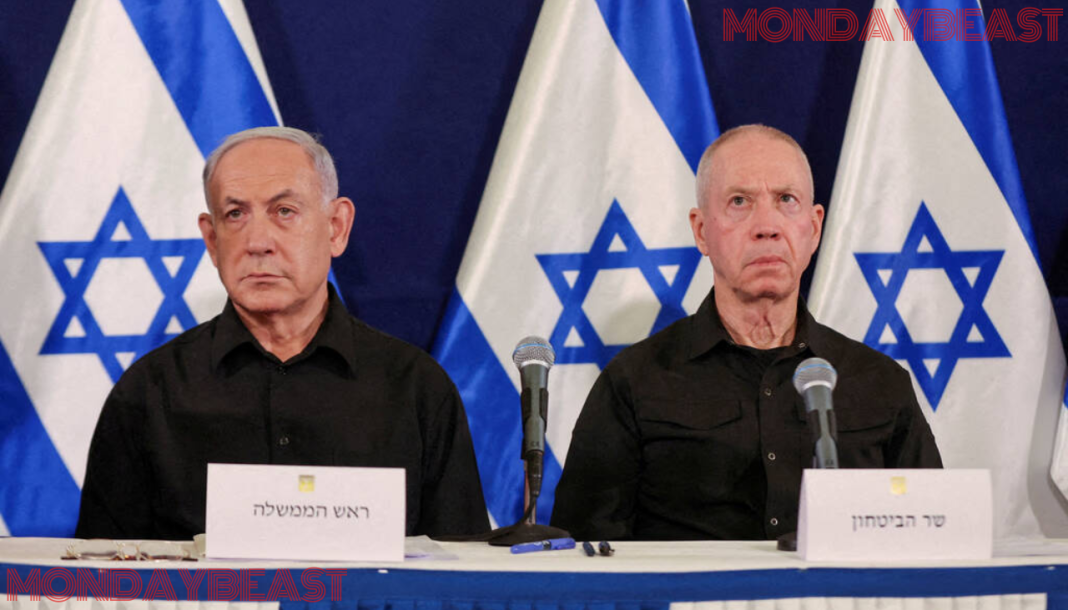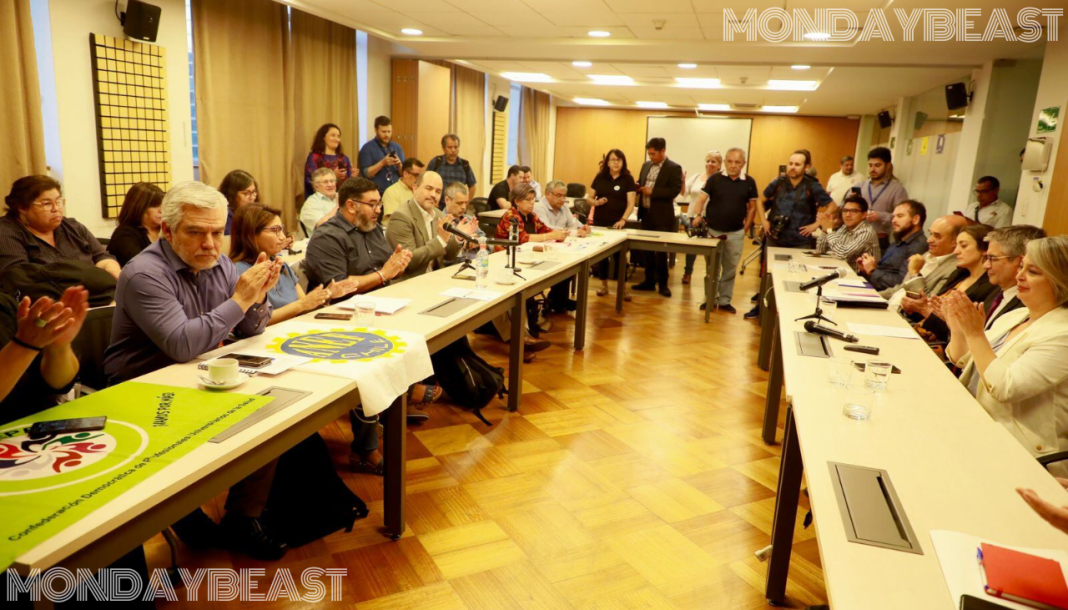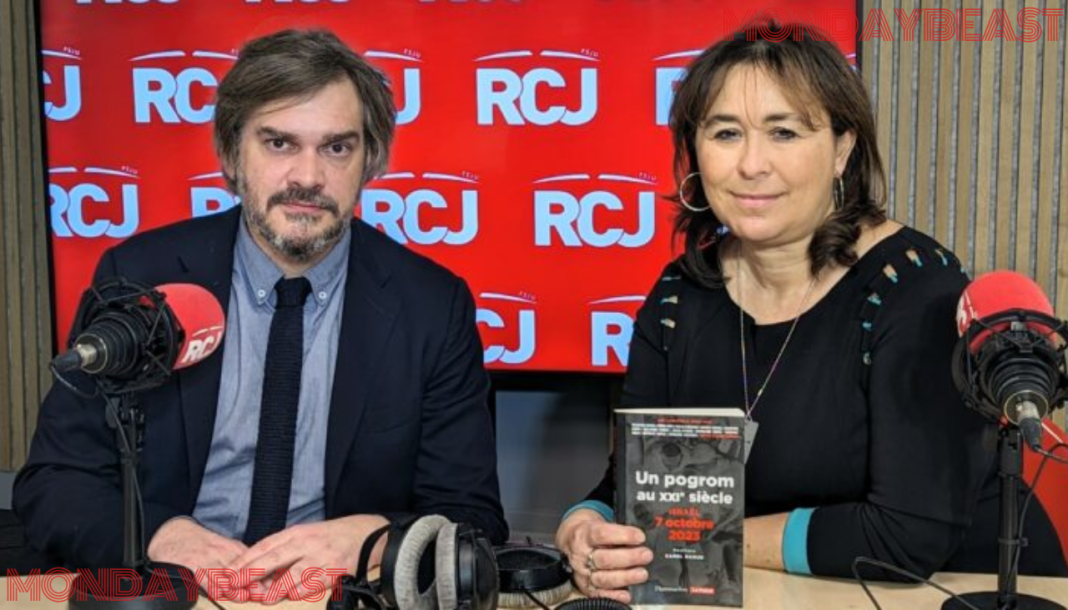The recent decision by the International Criminal Court (ICC) sent shockwaves through the political landscape. The court issued arrest warrants for Israeli Prime Minister Benjamin Netanyahu and former Defense Minister Yoav Gallant. They were charged with serious allegations of war crimes and crimes against humanity, which are linked to the severe humanitarian implications of their military actions.
The accusations from the ICC are alarming. It claims that Israeli officials used starvation as a method of warfare. The targeting of civilians is also cited as a key element of their offenses, and such serious claims can reshape the international narrative around Israel’s ongoing conflict.
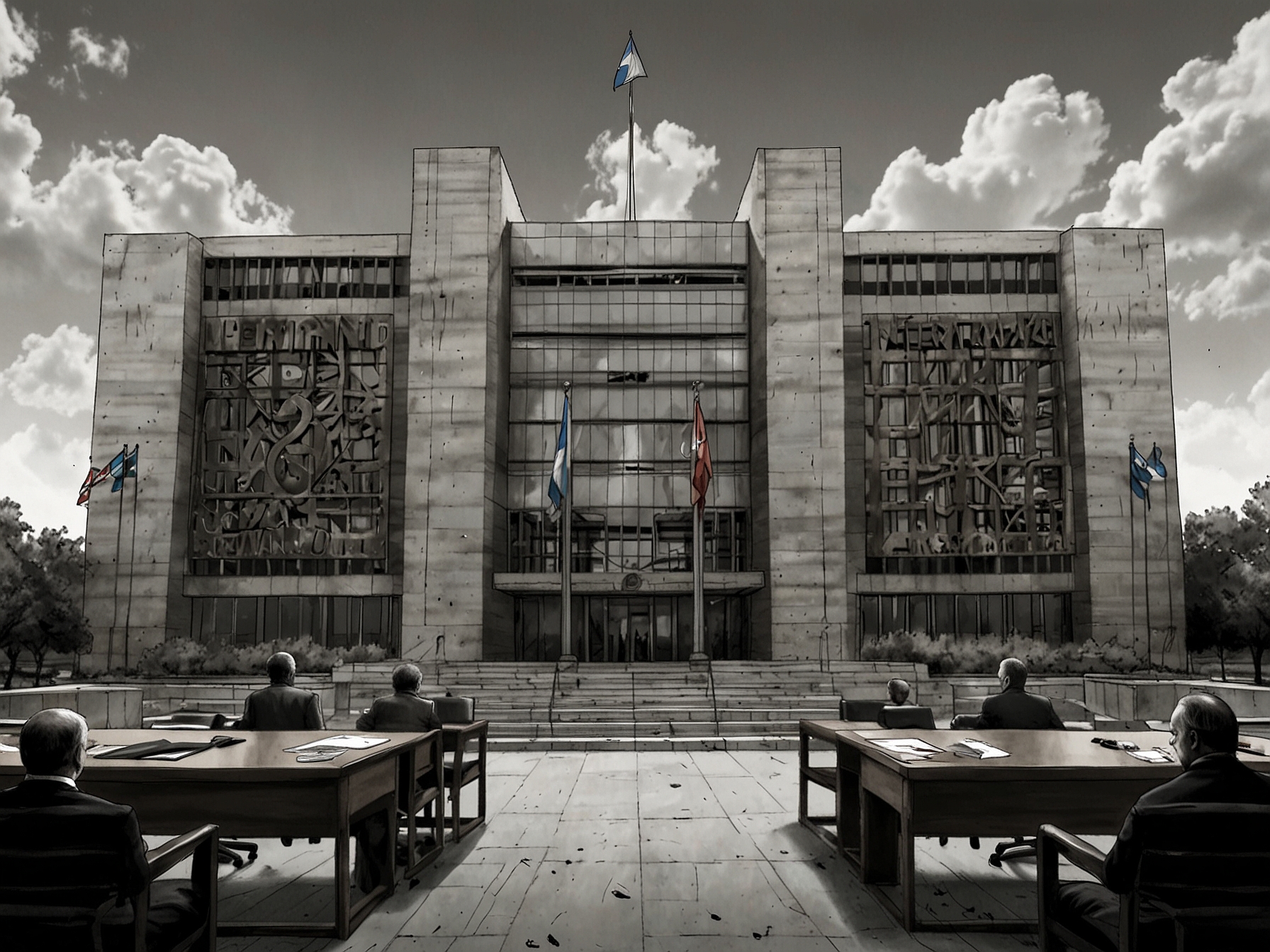
It also raises critical questions about accountability in times of war. How far can a government go in the name of national security? And at what point does it overstep moral boundaries?
In stark contrast, Israeli President Isaac Herzog condemned the ICC’s move. He described the decision as a misguided act that trivializes genuine efforts for justice. Herzog argued that the ICC has become a tool exploited by those who do not understand the complexities of the conflict.
He pointed to Hamas, claiming that their actions in attacking Israel should not be overlooked. This perspective reminds us that the narrative isn’t always black and white. When discussing geopolitical conflicts, can we really capture the full scope in one statement?
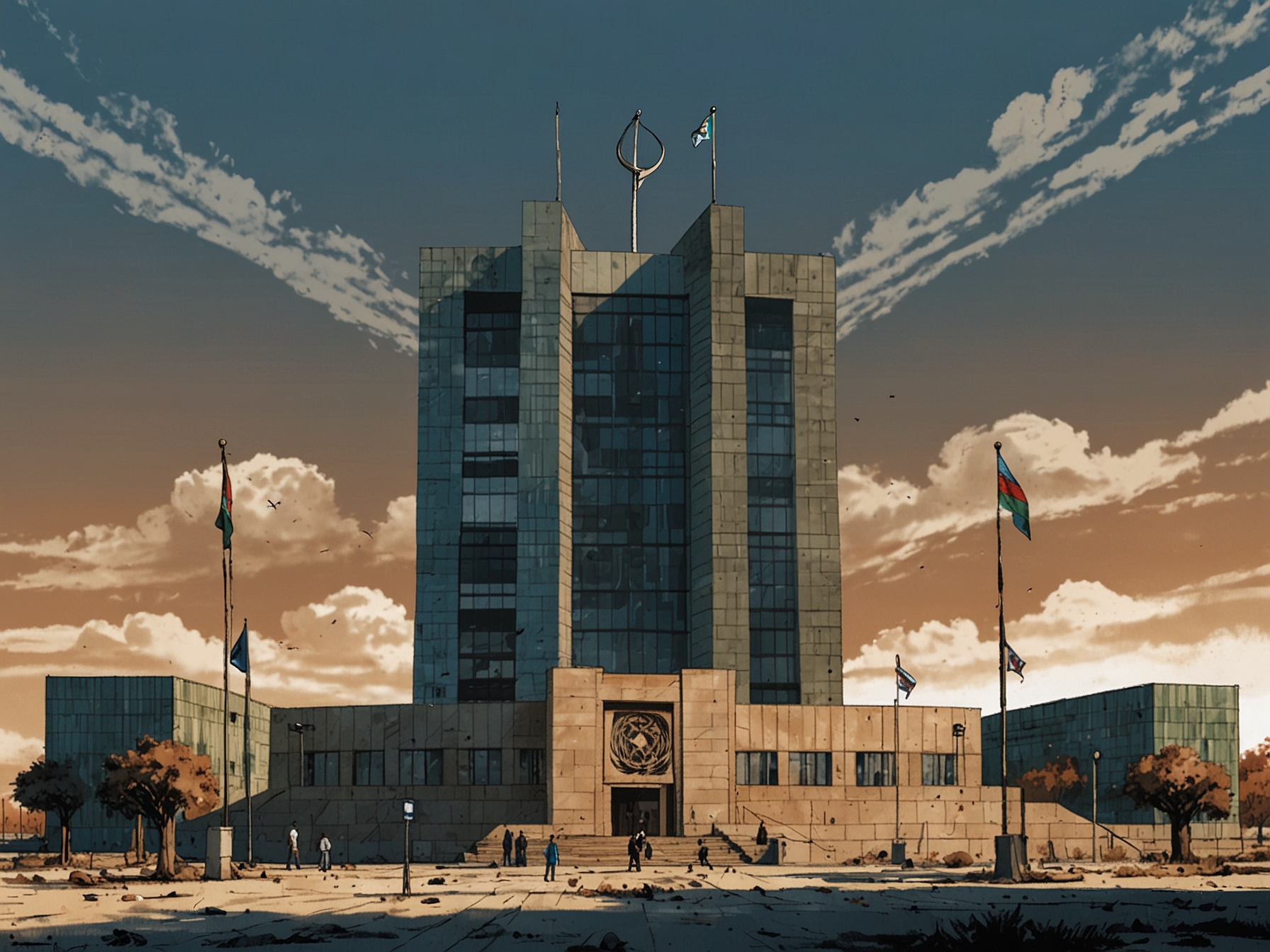
Herzog’s voice echoes the sentiments of many Israelis. For them, this court’s actions feel like a setback. They see it as a turning point where justice blurs into bias.
Herzog argues that the decision ignored Hamas’ tactics, such as using human shields during attacks. Does this create a selective view of justice?
The ICC’s ruling came quickly after threats from U.S. Senate Majority Leader-elect John Thune. He warned the court not to pursue these warrants against Israeli officials. The risks of sanctions were implied, a move reflecting the U.S. unwavering support for Israel.
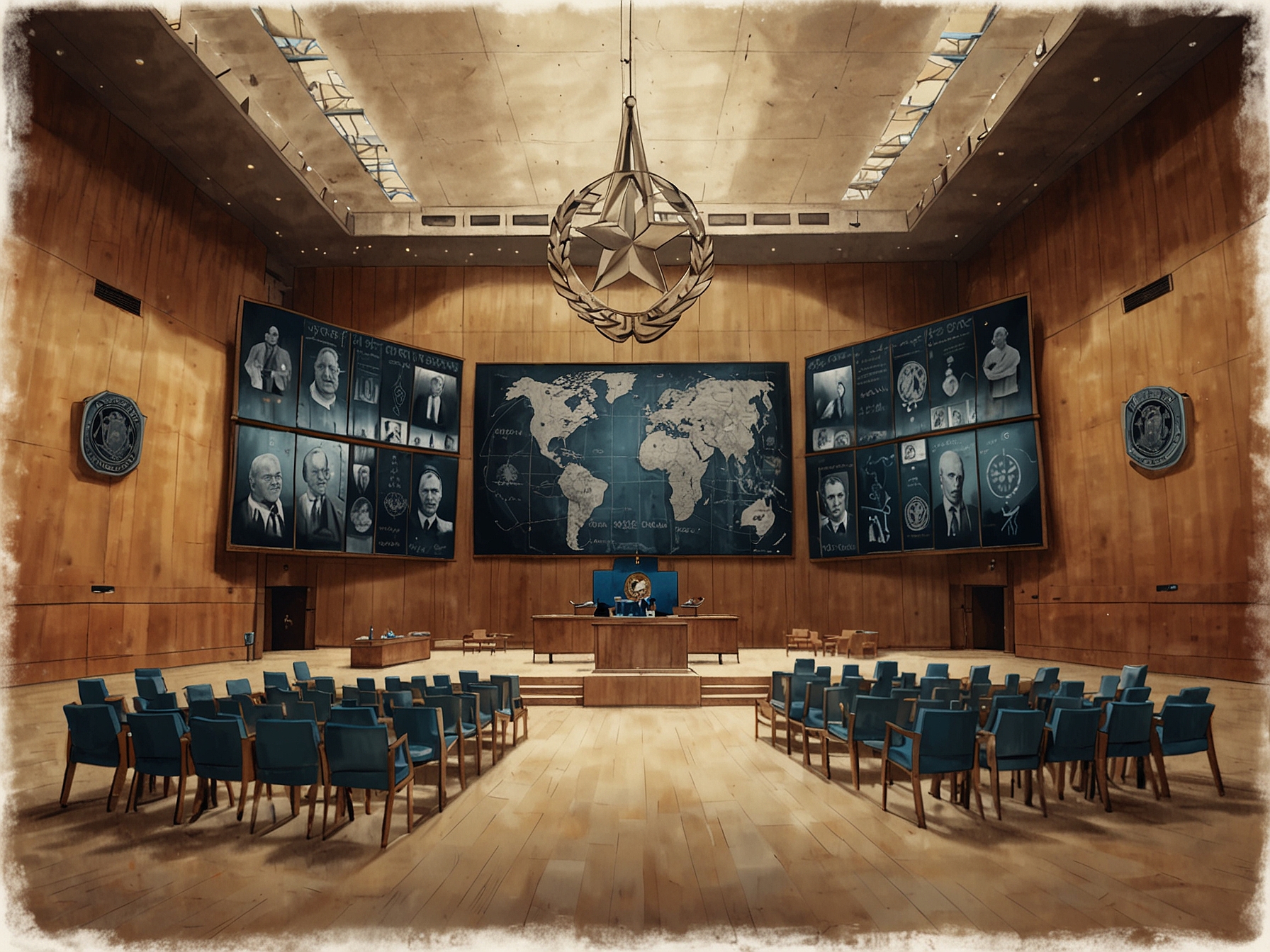
This positions the United States in an unusual spot. Can a country truly promote justice while simultaneously shielding its allies? Critics argue that the ICC’s actions might undermine international law.
If legal action against powerful states leads to sanctions, what’s the incentive for any nation to abide by international standards? Are we, as a global community, creating a system that only serves the most politically powerful? And what does this mean for smaller nations, who may not have such backing?
As tensions escalate, it’s hard to predict the consequences of this ruling. The response from Israeli politicians highlights deep divisions. Some call for unity, while others see this as a moment that requires strong political action.
The full implications of these arrest warrants could ripple through international relations. Will nations rally to support Israel against this perceived attack? Or will the court become a battleground where principles of justice and diplomacy clash?
This unfolding story is a reminder of the difficult decisions leaders must make. Balancing ethics and politics often results in complex outcomes. It raises questions that resonate beyond this conflict.
How do we, as global citizens, define justice? The answers are not easy to come by, and they are often shaped by our perspectives and experiences.
In conclusion, the ICC’s decision is a pivotal chapter in the Israeli-Palestinian narrative. It reflects deep-rooted tensions and differing perspectives on justice. While accusations fly between nations, the real question remains: what constitutes justice in an arena filled with such complexity?
The ICC’s stance emphasizes that international law is ever-evolving, but its impact will certainly echo through history for years to come.

